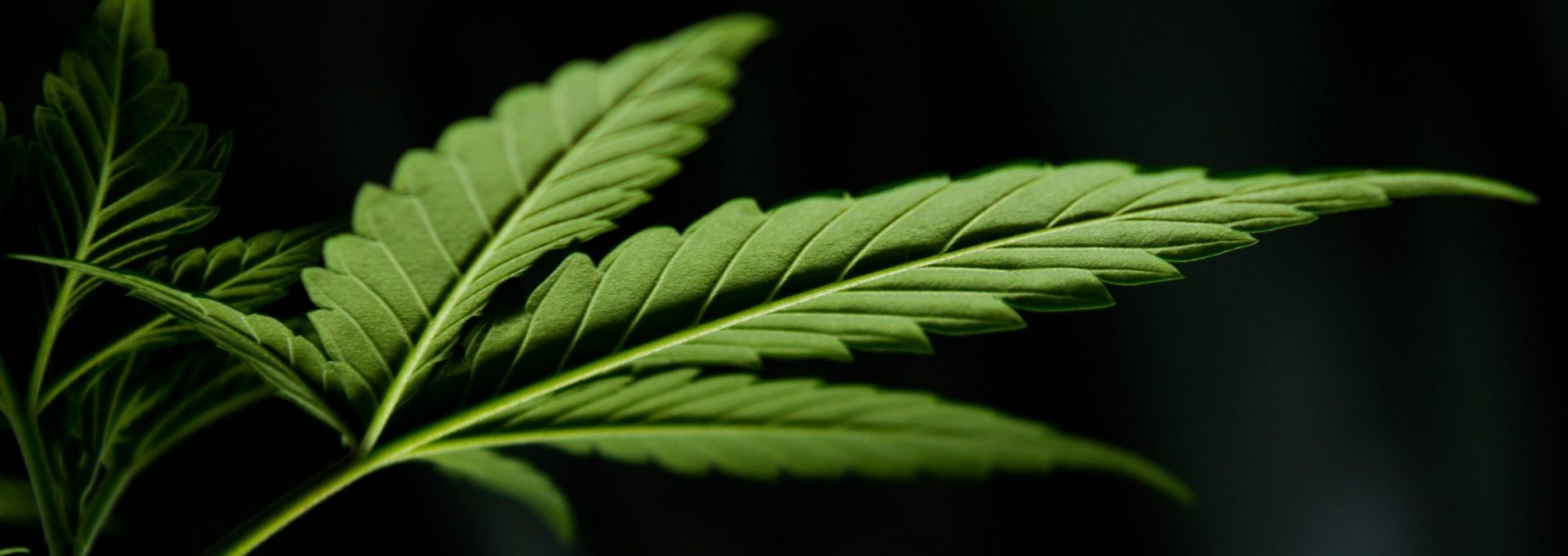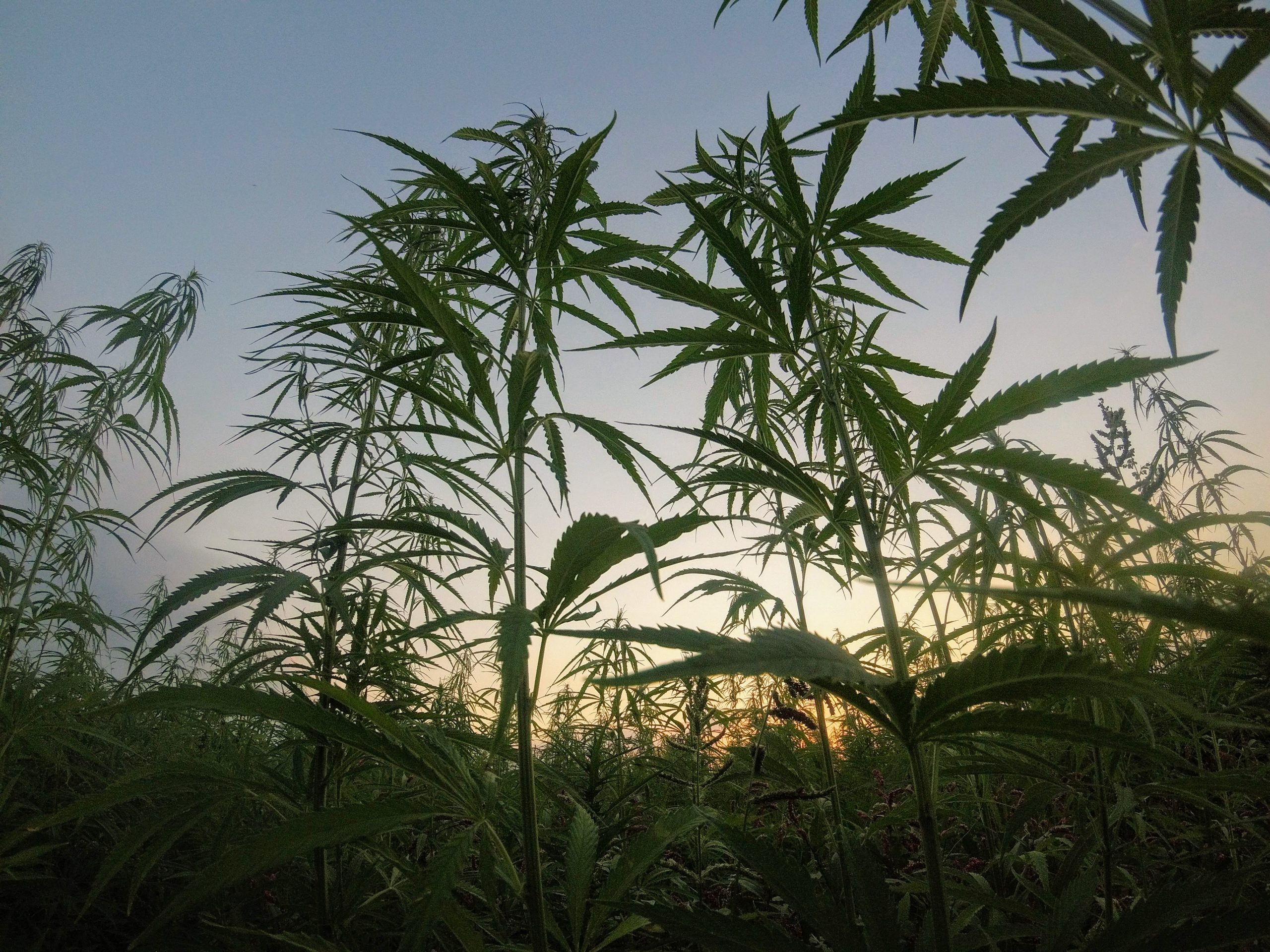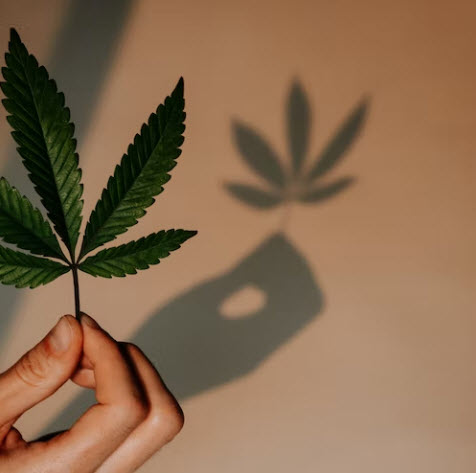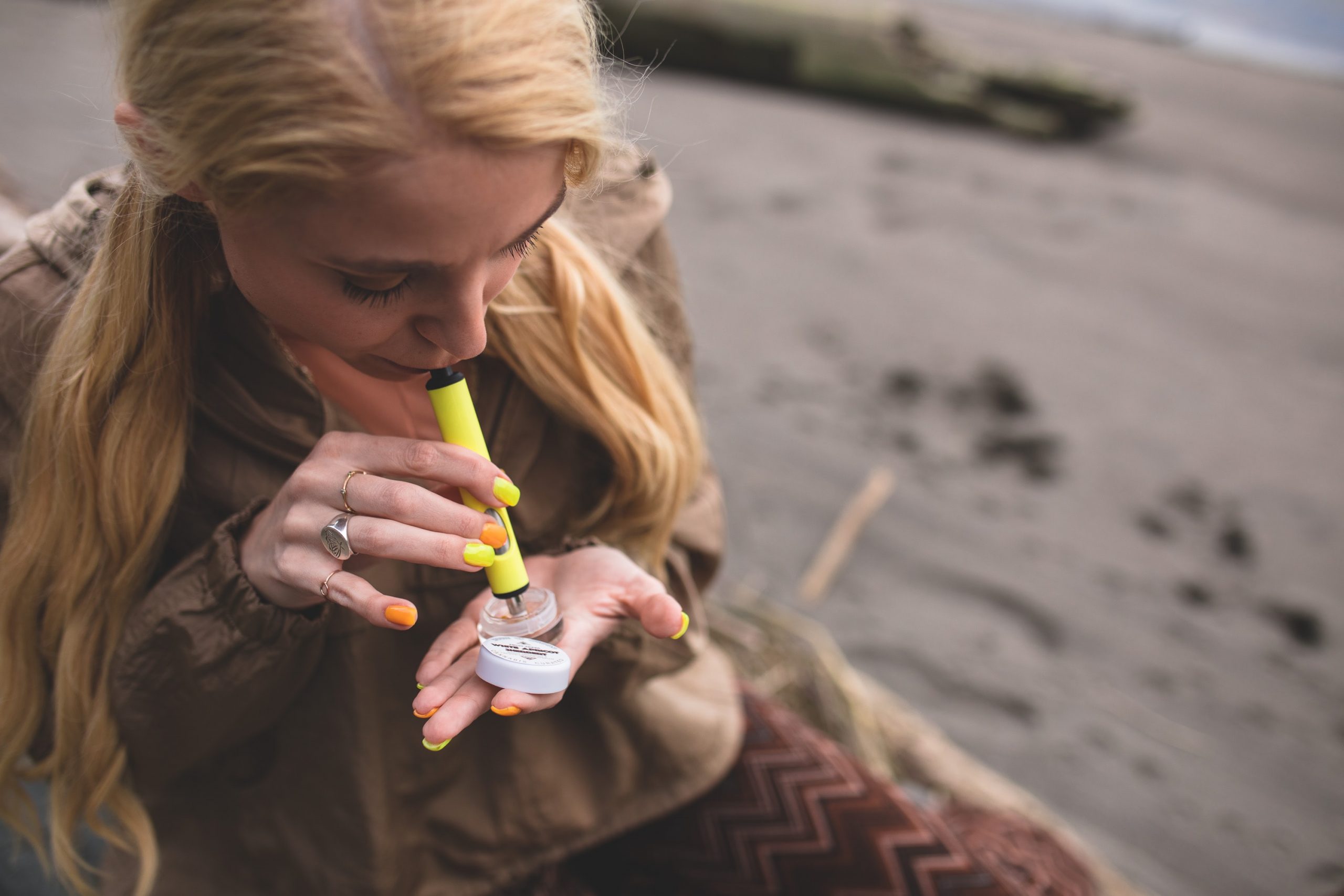Loopholes in the international supply chain have caused a host of regulatory issues that are slowly coming to the fore as normalization continues to sweep across Europe
The last several years have seen a couple of undeniable trends in the cannabis industry. The first is the internationalization of the product, thanks to import export realities. The second is the introduction of several standards and the application of certain kinds of regulations, that have completely thrown the supply chain itself into various crises – both in terms of applicability and then meeting the standard.
It is an issue that has come up repeatedly in all aspects of the industry. Here are a few examples.
GACP To GMP certification
GMP certification is the requirement for medical products across the globe. This means when it comes to cannabis specifically, that flowers must be grown indoors and further meet the rigorous inspection requirements of EU regulators in particular. For the past four years however, there have been many questions about the true “GMP status” of most if not all of the major cultivators – along with recalled product to boot. Further, particularly in Canada, the idea of growing GACP compliant product and then magically “switching” the status of the product – usually in the drying and or extraction process and when it jumps borders, to GMP, is also coming to an end.
This has created not only a crisis of sourcing but a downstream issue – namely where is such product going to be grown? Greenhouse production is also clearly not living up to its muster on the cultivation front (too many variations in product caused by unequal lighting among other problems). That means that specific, specialized, warehouse production must be built, for purpose. Generally it is not cheap. Indeed the only warehouse production going on in Europe right now outside of Germany is Macedonia – and that product is finding many barriers to EU entry.
The reality is that so far, most of the cultivation facilities in the EU have been built not for a medical industry, but a semi recreational one.
Novel Food Vs. EU-BIO
Now that the European Commission has found that CBD is not a narcotic, and further has allowed the inclusion of whole plant obtained CBD rather than just synthetic extract in cosmetics, there is going to be an increasing interest in examining these two huge regulatory umbrellas and how they relate to the industry.
Novel Food so far has been the first umbrella that many producers and lobbying organizations relied on as a “safe” regulatory label for low THC containing plants, biomass and extractions as well as the products they go into. However it is far from the only one – as producers across Germany at least are now taking full advantage of. Namely, EU-BIO, the “normal” regulatory schemata for all food, is also in the mix. In some ways, this is a far easier if not interesting path for producers to consider, namely because extraction, by more or less “conventional” means is also included in this certification path.
Marketing Certifications
As the CBD industry really gets cranking, the next issue now looming is how it markets itself, particularly in Europe. Medical products – in other words those with GMP certifications – also have to have specific marketing approval for the claims they make. It is a tough road even for big pharma and is one of the many reasons that widespread clinical trials are so necessary for the industry.
Beyond that however, is the vast area covered by the “CBD” if not low THC “biz.” Marketing CBD products for health reasons is a very tricky and so-far largely untrammeled area, and is likely to be highly sticky, in most jurisdictions, for a long time to come.
But here is where all of this gets really problematic. If a product is cultivated via certified organic means and passed along a GMP like supply chain, where does all this regulatory muster really hit the road?
There are many court dates ahead for this question all over Europe – but one of the more intriguing is the resolution of the French case last year wherein it was established that CBD products produced “legally” in any country of the EU could be exported legitimately to another.
Bottom line? For now the lines are confusing and crazy enough. But in the future, the path to market of all cannabis products, and for either market, will have to be more tightly controlled and certified, without also wiping out the legitimate path to market in the first place.
The German version of Green II: Spreading Like Kudzu, is now underway. Be sure to check out the book in either language!








